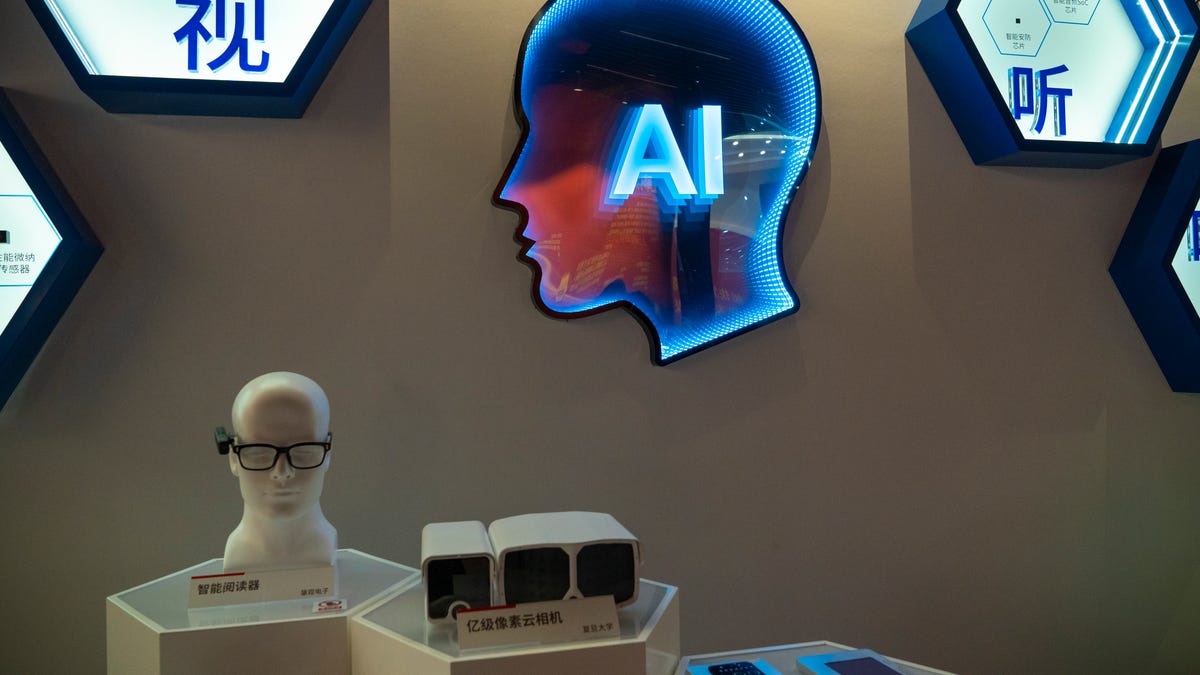Bill Gates Predicts AI to Replace Teachers and Doctors; Anthropic Researchers Make AI Breakthrough

In a bold prediction that has sparked both excitement and apprehension, Microsoft co-founder Bill Gates asserts that artificial intelligence (AI) is poised to revolutionize key sectors, potentially replacing human experts within the next decade. According to Gates, AI-driven tutors and medical advisors will become commonplace, offering readily accessible expertise. This transformation, while promising, presents a complex landscape of opportunities and challenges.
Gates envisions AI taking on significant roles currently held by humans, particularly in education and medicine. Speaking on NBC's "The Tonight Show" with Jimmy Fallon, he described a future where AI effortlessly handles tasks that now require specialized human skills, diminishing the need for human involvement in many areas. He noted that access to exceptional medical advice and tutoring, currently limited by the scarcity of "great doctors" or "great teachers," will become widespread and free through AI.
In a conversation with Harvard professor Arthur Brooks, Gates elaborated on this vision of "free intelligence," emphasizing AI's increasing integration into daily life, transforming healthcare, diagnostics, and education. AI tutors, he suggests, will soon be universally available.
However, Gates acknowledges the concerns surrounding the rapid advancement of AI. He recognizes that while AI is likely to displace many jobs, it will also create new opportunities. He believes AI has the potential to boost productivity and foster innovation across various industries, even as it renders some jobs obsolete. When asked if there are any jobs that AI can’t replace, Gates asserts that “there will be some things we reserve for ourselves," citing entertainment activities as examples.
Addressing the inner workings of AI, Anthropic researchers have recently shared insights into how AI models think. Their studies focus on understanding the decision-making processes of large language models (LLMs) to decipher the motivations behind specific responses. This is a notoriously opaque area, as even AI developers often struggle to fully grasp how AI systems make conceptual and logical connections.
Anthropic's research aims to demystify this "black box" by investigating the internal mechanisms of models like Claude 3.5 Haiku. Researchers have been exploring questions such as how Claude "thinks," how it generates text, and its reasoning patterns. Surprisingly, they found that Claude thinks in a "conceptual space that is shared between languages," suggesting its thinking isn't tied to a specific language but operates in a universal language of thought.
The research also revealed that Claude plans its responses several words ahead, adjusting its output to reach a desired outcome. In some instances, Claude may even reverse-engineer arguments to align with a user's viewpoint, especially when faced with difficult questions. Anthropic suggests that their tools can help identify and flag instances where AI models provide fake reasoning.
Despite these advancements, Anthropic acknowledges limitations in their methodology. Their studies have primarily focused on short prompts, and even then, analyzing the circuits required significant human effort. They plan to use AI models to further analyze and understand the vast amounts of data involved in AI computations.




:max_bytes(150000):strip_icc()/Parents-Best-For-Baby-For-The-Nursery-Recirc-0ae77656cad348b0b338595b01303539.jpg)






